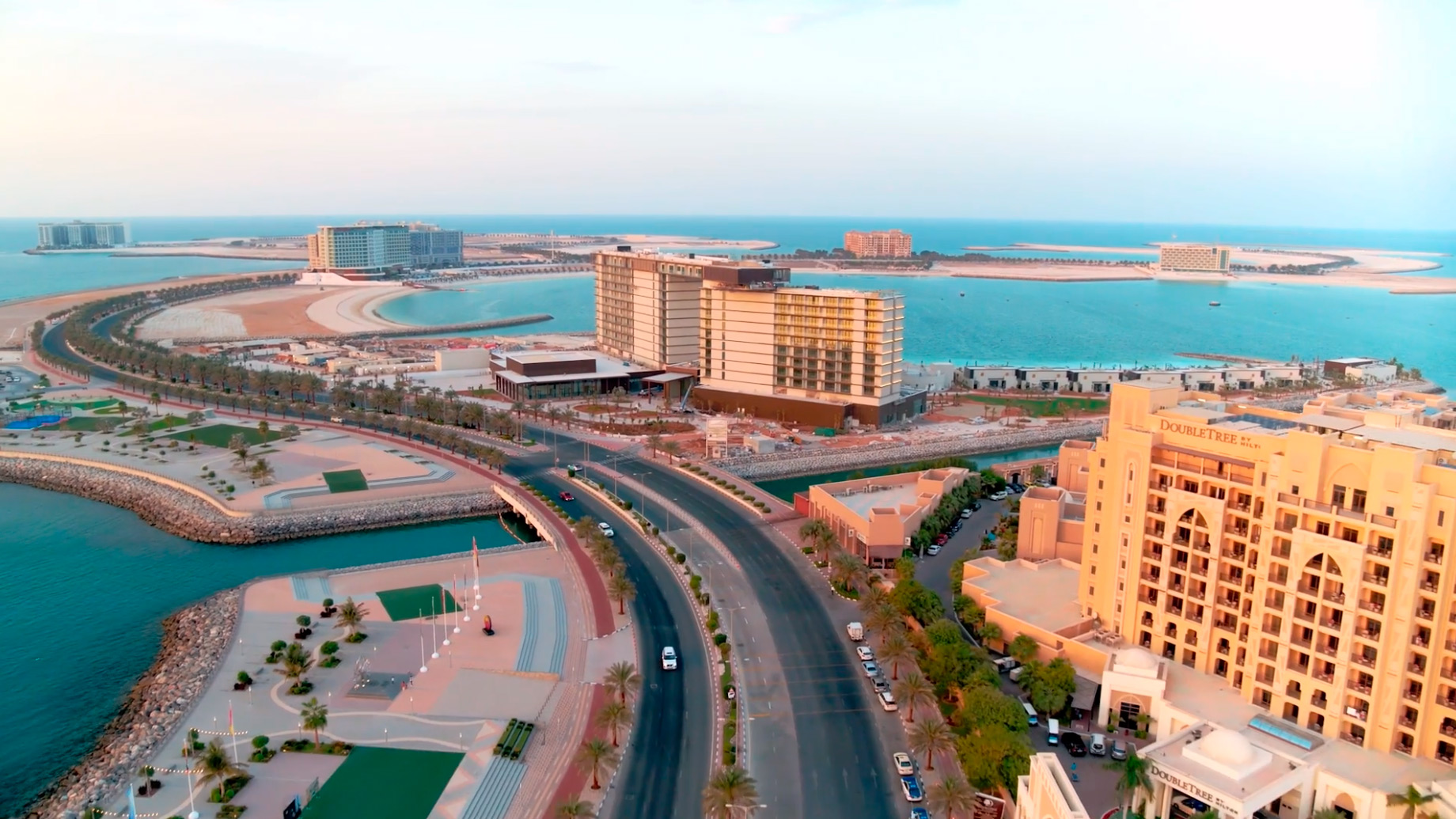Vegas and Macau, the world’s largest gambling hubs, could see a new heavyweight competitor enter the global casino landscape: the United Arab Emirates. Casino bosses have begun setting their sights on the Gulf, which is now preparing to gain a presence in this field.
Earlier this year, and following months of rumors about gambling coming to the UAE, Ras al-Khaimah (RAK) -one of the seven emirates in the United Arab Emirates- said it would begin allowing gambling. At the same time, a multibillion-dollar deal with Vegas-based casino giant Wynn to build a resort licensed for gaming on the artificial Al-Marjan Island was announced in late January.
Reuters describes the announcements as a watershed moment for the Gulf, a region that has traditionally imposed stricter Islamic rules than other parts of the Middle East, with gambling long being off-limits. But times may be changing, and two sources familiar with the matter told the news source that gambling “in some form” would be permitted in the UAE.
It would be to each emirate to decide whether, and how, to regulate gambling, in a similar way to how Sharjah prohibits alcohol sales while other emirates do not. The sources told Reuters this is set to happen “soon,” but a specific timeframe has not yet been provided. However, most eyes are put on Dubai, seen as the major prize given its status as a global tourist magnet.
Aerial view of Al-Marjan Island
While gaming is currently banned in the most populous emirate of the UAE, hospitality brands with a presence there could benefit from gambling legalization. This includes Caesars, which debuted a Caesars Palace property in Dubai in 2018 -the only in the company’s portfolio without a casino-, which said it would examine the possibility if presented.
“That acceptance now that there is going to be the potential of gaming in the UAE, in whatever form it’s going to be, allows people like Caesar’s and MGM as well to look at that closely,” Anthony Costa, regional president at Caesars Palace, told Reuters. “I think it’s wonderful. Like anybody, if a license is able to be bid for, any global gaming company is going to want to be actively involved in the conversation.”
MGM Resorts has also plans in place to set up a presence in Dubai, and has broken ground on a future luxury resort on its coast. While gaming is not set to be part of the project, and plans have not been updated for this possibility, it would seem unlikely that the company would pass on this opportunity should it arrive.
While a year ago Dubai denied rumors about hospitality venues having been granted gambling licenses, and no announcements have been made on this possibility, no one knows yet what effect RAK’s turn to gambling could have on other emirates. The gaming industry could provide the UAE a competitive edge against Saudi Arabia, also seeking to become a tourism hub.
So far, what still remains cloudy is how RAK -and, potentially, other emirates- will materialize the introduction of gambling. The emirate, which said it would push for responsible gaming, requires the removal of a prohibition on gambling from the federal penal code, and is working on regulations through the newly created Department of Entertainment and Gaming Regulation.
A likely scenario is RAK limiting gambling to foreigners at integrated resorts, in an effort to help drive tourism. Additionally, experts believe the UAE probably won’t seek to rely primarily on gaming revenues, instead offering gaming as part of a wider entertainment offering, a similar approach to that Singapore has to the industry.



